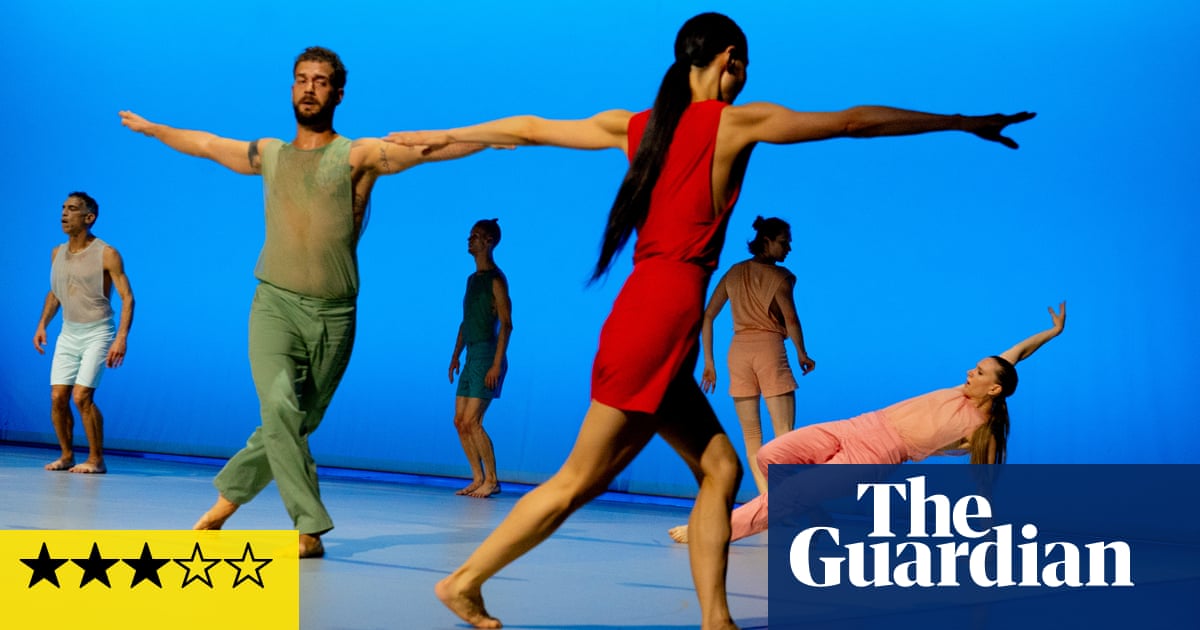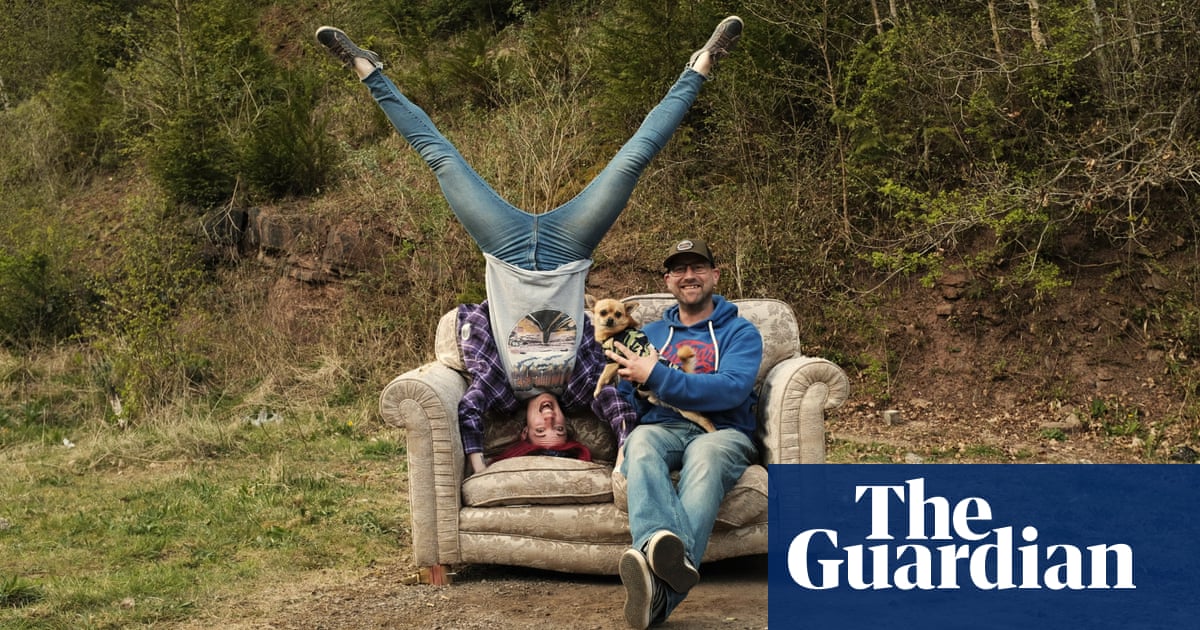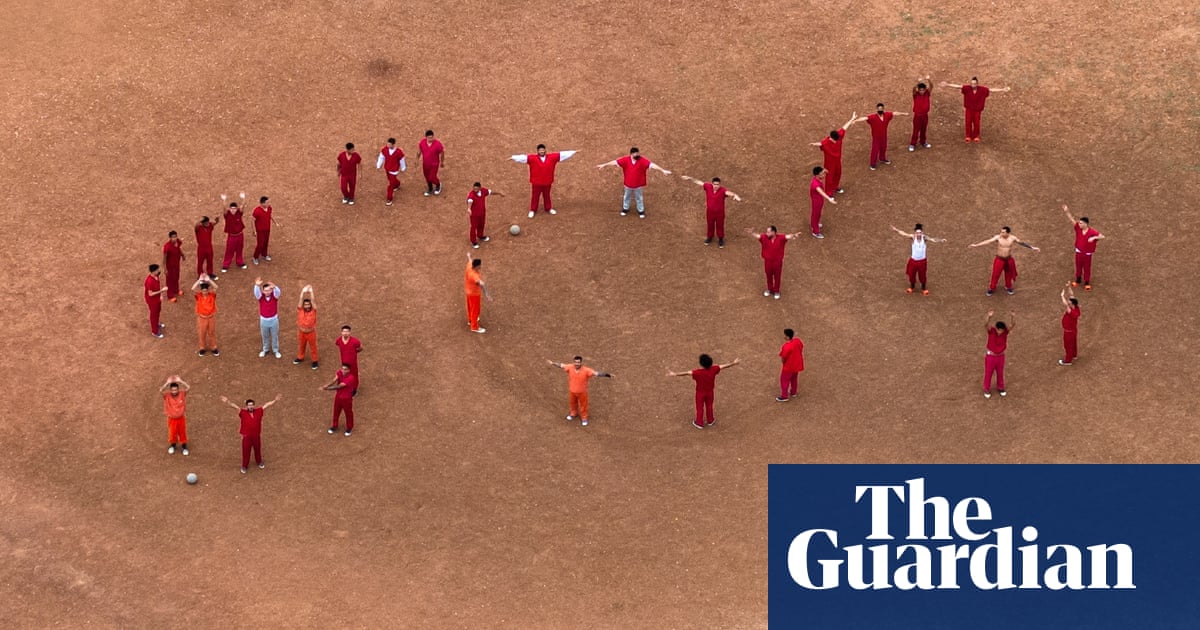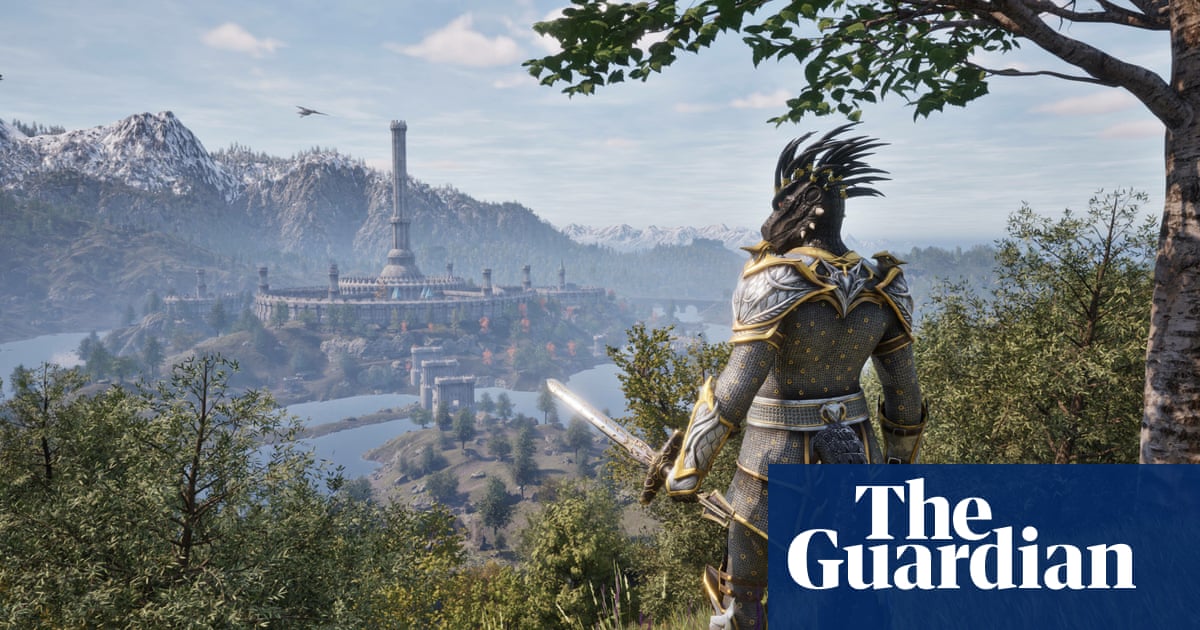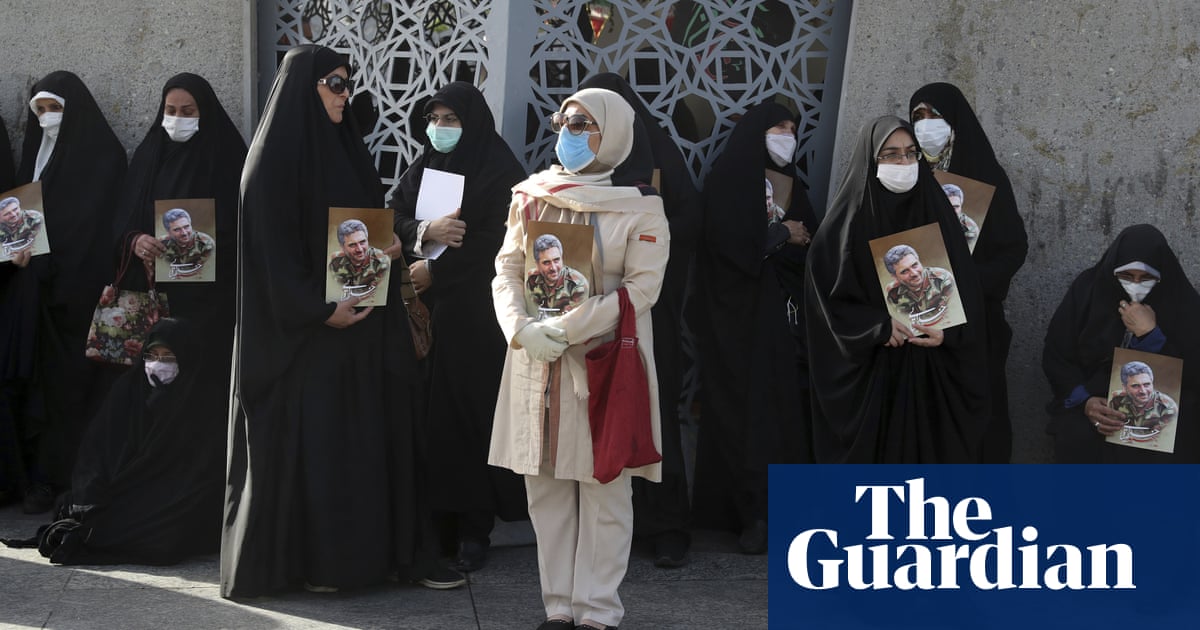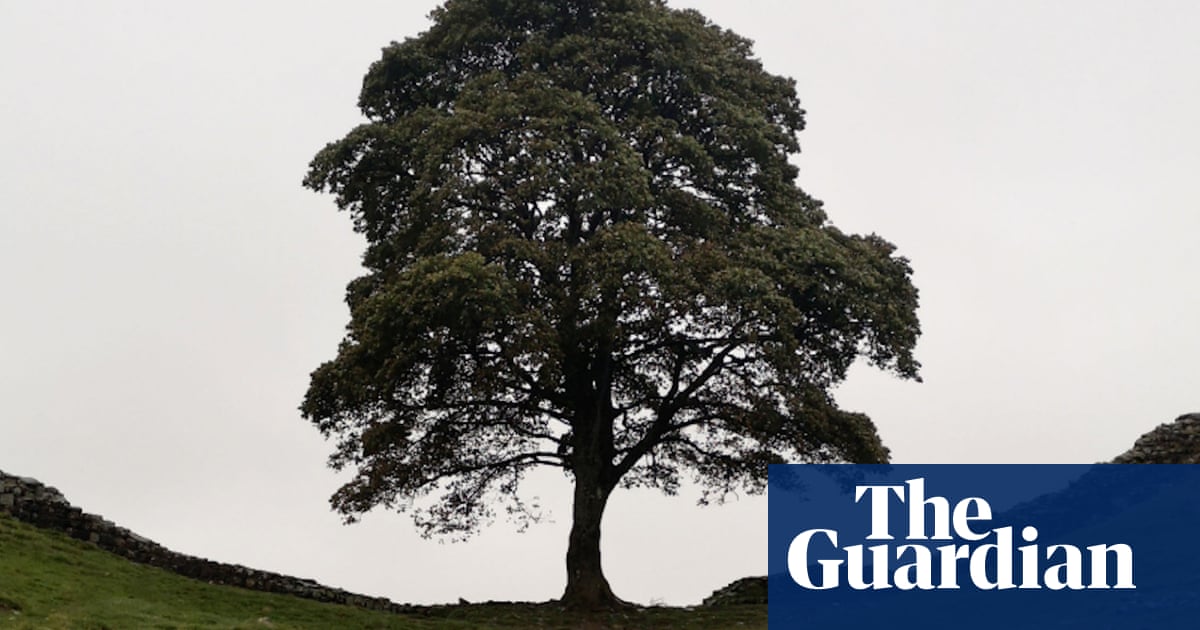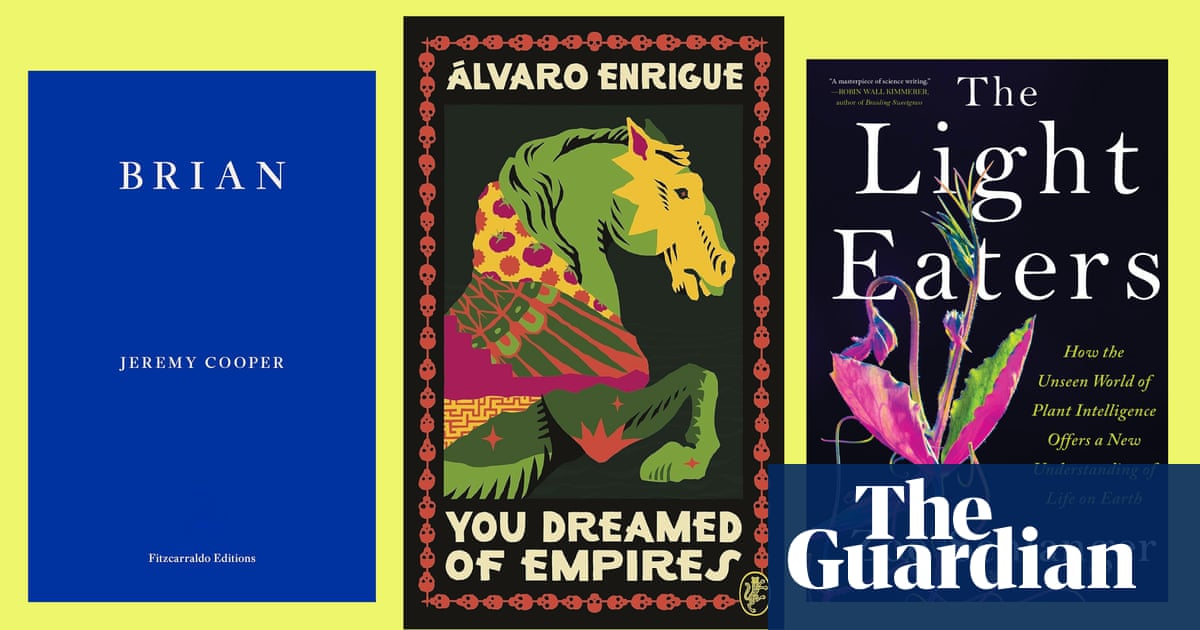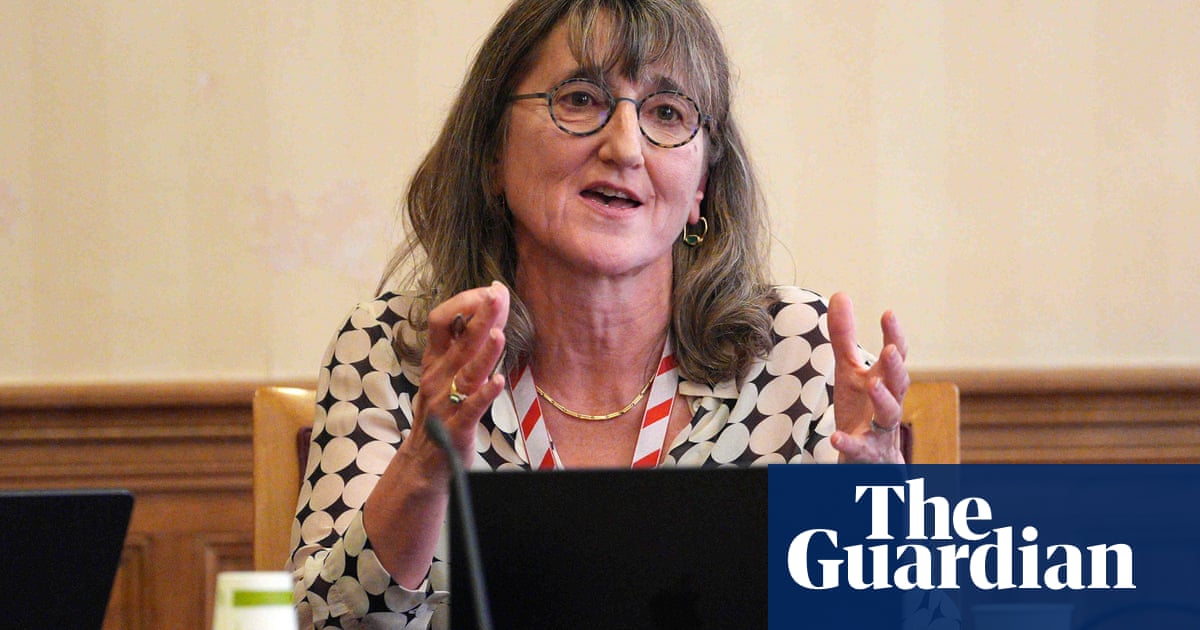In 2020, Michael Dweck and Gregory Kershaw released The Truffle Hunters, a surprisingly affecting documentary about old men, their dogs and the search for truffles in the forests of Piedmont. Their new film, Gaucho Gaucho: Argentina’s Last Ranchers, is also about a traditional way of life that is in decline. Here, the subject is Argentinian gauchos – cowboys and cowgirls – who ride and tame horses, herd cattle and wear handmade traditional clothing. They have a relationship to the land that was forged in a different age and now exists in friction with much of the modern world. The film took two years to make – and it is mesmerising.
A handful of characters run through the documentary, which is part of the BBC’s Storyville strand. Guada is a teenage girl in training to become a gaucho, like her father. We first meet her at school, where she is being punished for not sticking to the regulation clothing. The teacher tells her she must respect the school uniform; rules are rules. “I only feel comfortable in gaucho clothes,” she replies. It is a nice way to frame the tension between the old and new worlds. She is an outsider in both. Female gauchos are rare and the support from her father and her community is contagious. By the end, you are willing her to achieve her dreams.
Mostly, the film offers no direct commentary, but instead respect and admiration for the way of life that is being observed. The Andean condor is another central character. (This is the sort of film in which a bird of prey can be a main character, but that is not nearly as insufferable as it sounds.) The condor is considered a vulnerable species itself, which makes its presence here as a predator more complex. The gauchos talk of condors attacking and killing calves. The older men are resigned to this ecosystem of predator and prey; the young condors are struggling to find food. It is just a shame, the men say, that they are the ones who must provide it.
The sense of reckoning with life cycles is a recurring motif. The older gauchos remember devastating droughts – and the relief when the rain came. Most of the younger generations have left this way of life, tired of trying to live off what can be desolate land. We see a father teach his son how to sharpen knives on rocks. An old man, Lelo, talks to a priest and a shaman about his life and vitality and tells compelling stories along the way. The priest asks a local radio presenter and musician called Santito how he would like to be remembered, but Santito wriggles free of any restrictive labels: he would like to be remembered, he says, as Santito.
We see dead cattle, prayed over by men, holding their hats to their hearts. Scenes of ceremony and ritual linger, painting-like, almost static, except for the breeze blowing through. Two boys, Lucas and Pancho, ride off on horseback, their adventures intertwined with the other stories. They race their mares, camp out and set fire to dead cacti to send a smoke signal back home, to let their families know that they are safe. They make a game of reconstructing the bones of a dead animal. The winner is the first to make it look like a complete skeleton.
Many of these vignettes take place out in the wild, as horses gallop across great plains, or around tables, where crucial conversations take place with a gentle casualness. They debate how best to tame a horse, or banter about how many women they have slept with. These conversations seem intimate and spontaneous, but they are shot from strange angles and highly stylised, so it feels as if we have dropped in on an old western movie. On occasion, it may come across as overly focused on the visual; as a result, it can feel as if we don’t learn enough about people’s inner lives. Guada, for example, is warned off the rodeo and told it may make it more difficult to have children. But, she says, she doesn’t want children. This is intriguing, but the film-makers are polite and do not linger or push further.
To say that Gaucho Gaucho is very BBC Four is like saying Love Island is a bit ITV2. It is almost comically arthouse. It is black and white, theatrical and cinematic. It is visually and audibly astonishing. You don’t so much watch it as immerse yourself in it. It is abstract, but gripping. Settle in, adjust to its tone and you will be richly rewarded.

.png) 2 months ago
31
2 months ago
31
